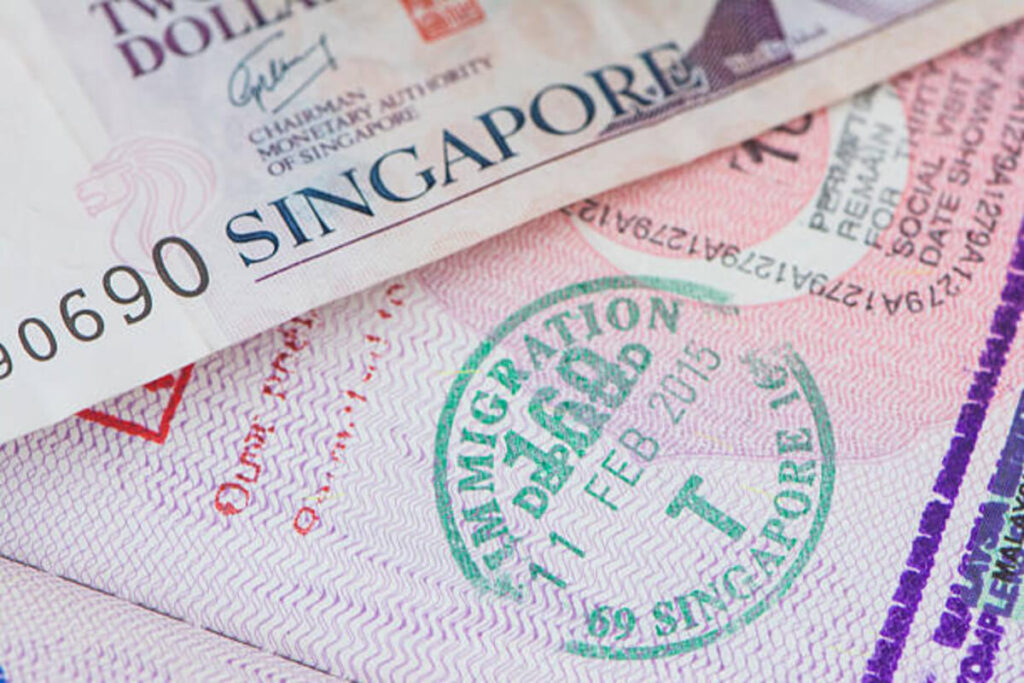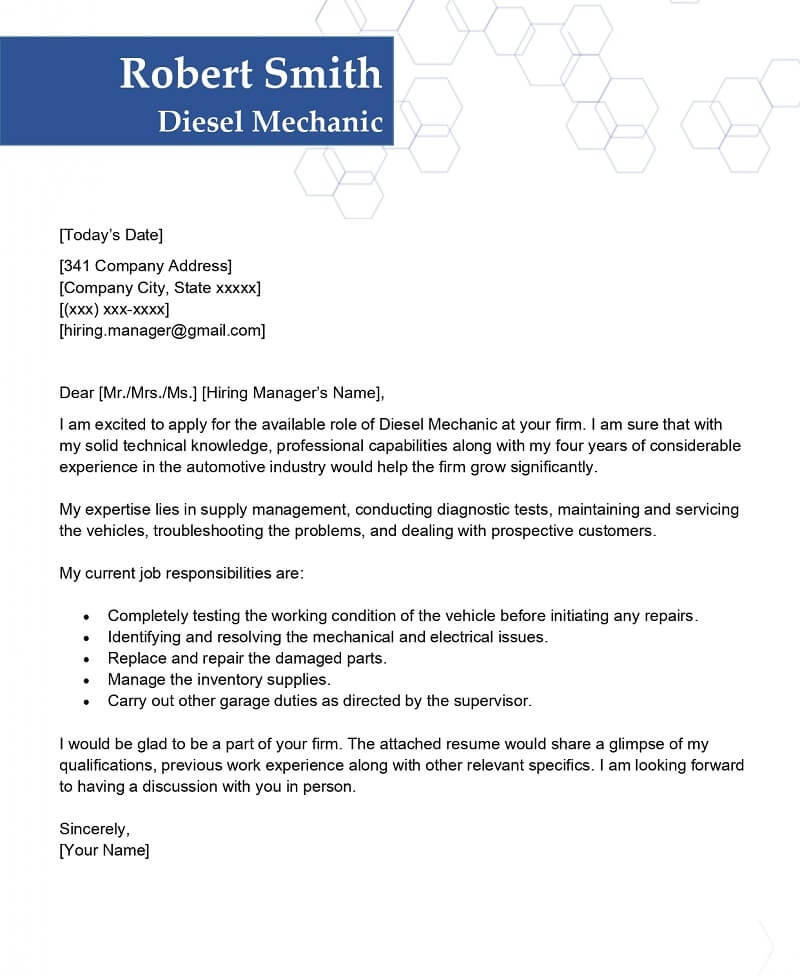Applying for a Canada marriage visa is a significant step toward building a future with your spouse, but not every application gets approved. Many applicants face unexpected denials due to errors, missing documents, or suspicions of fraud. A rejection can delay reunification, cost time and money, and even result in long-term immigration bans.
Advertisement
To ensure your application stands the best chance of success, you must understand the top reasons for refusal—and more importantly, how to avoid them. In this guide, we break down the most common mistakes that lead to spousal sponsorship rejections and provide practical solutions to help you secure your visa approval.
1. Insufficient Proof of a Genuine Relationship
A key reason why marriage visa applications are denied is the failure to provide compelling evidence that the relationship is authentic. Immigration officers are trained to detect fraudulent marriages—those entered into solely for immigration benefits. If your application lacks sufficient documentation to prove a long-term, committed partnership, it may be rejected.
Why This Happens:
- Limited photographic evidence—Few pictures together, lack of variety in settings or events.
- Sparse communication records—Minimal chat logs, call history, or emails showing continuous contact.
- Absence of shared financial responsibilities—No joint bank accounts, lease agreements, or utility bills.
- Lack of third-party validation—No letters from friends, family, or community members confirming the relationship.
- Contradictions in relationship history—Discrepancies in dates, timelines, or personal details.
How to Avoid It:
- Submit diverse supporting documents, including photos from different occasions, travel records, financial commitments, and shared assets.
- Include personal statements detailing your relationship journey—how you met, significant milestones, and future plans.
- Provide affidavits from family and friends who can confirm the legitimacy of your marriage.
- Ensure consistency across all documents to avoid discrepancies that may raise suspicion.
- Be prepared for an interview if requested, and ensure both partners can confidently discuss relationship details.
By proactively addressing these concerns and submitting a comprehensive, well-documented application, you can strengthen your case and reduce the risk of refusal.

2. Incomplete or Incorrect Application Forms
One of the most preventable yet common reasons for visa denial is errors or omissions in the application forms. Even a minor mistake—such as a missing signature or an incorrect date—can lead to an outright rejection or significant processing delays.
Why This Happens:
- Incorrect or outdated forms—Using old versions of IRCC forms that are no longer valid.
- Missing information—Leaving sections blank or failing to answer required questions.
- Inconsistent details—Mismatched names, addresses, or dates across different documents.
- Failure to sign where required—Overlooking mandatory signatures from both the sponsor and applicant.
- Neglecting supplementary documents—Omitting key paperwork listed in the application checklist.
How to Avoid It:
- Use the most recent application package from the official Immigration, Refugees, and Citizenship Canada (IRCC) website.
- Carefully review all forms before submission, ensuring accuracy in personal details, dates, and responses.
- Follow the document checklist precisely, ensuring no required paperwork is missing.
- Ensure all signatures are in place—many applications are returned simply because a required signature is missing.
- Seek professional review if needed, either through an immigration consultant or lawyer, to prevent costly errors.
A well-prepared, error-free application not only reduces the risk of rejection but also accelerates processing times, bringing you closer to visa approval without unnecessary setbacks.
3. Lack of Financial Support from the Sponsor
A fundamental requirement for spousal sponsorship is that the sponsor must demonstrate the financial ability to support their spouse without relying on government assistance. If a sponsor lacks sufficient income, is unemployed, or is dependent on social assistance (except for disability benefits), the application may be denied.
Why This Happens:
- Insufficient income—Sponsors must prove they can support their spouse’s basic needs, including housing, food, and healthcare.
- No stable employment—Frequent job changes or long gaps in employment history may raise concerns about financial stability.
- Reliance on government assistance—Receiving social assistance (excluding disability benefits) disqualifies a sponsor from applying.
- Failure to provide proper financial documents—Missing tax records, employment letters, or bank statements can weaken the application.
How to Avoid It:
- Provide proof of stable income, such as recent pay stubs, employment letters, and tax returns (Notice of Assessment from the Canada Revenue Agency).
- Show sufficient funds in bank accounts to demonstrate financial preparedness.
- If self-employed, submit business registration documents, tax filings, and proof of ongoing contracts or income.
- Avoid social assistance dependency during the sponsorship process, as this can disqualify the application.
- Consider a co-signer if needed—while spousal sponsorship does not allow a co-signer, demonstrating additional family financial support (e.g., letters from parents or family members assisting with expenses) may strengthen the case.
Since IRCC assesses the sponsor’s financial ability throughout the sponsorship period, having a solid and well-documented financial background significantly increases the chances of approval.
4. Failure to Provide Required Documents on Time
Immigration officers require a complete set of documents to process applications efficiently. Failure to submit required documents on time can lead to delays, additional requests, or even outright refusal.
| 5 Canadian Provinces Offering the Best Job Opportunities for Immigrants |
Why This Happens:
- Delays in obtaining medical exams—If the applicant does not complete their medical exam promptly, IRCC may hold or refuse the application.
- Late submission of police clearance certificates—Many countries take weeks or months to issue police clearance, leading to application processing delays.
- Missing supporting documents—Failing to provide proof of marriage, financial stability, or other requested documents can lead to rejection.
- Failure to respond to IRCC requests on time—If additional documents are requested and not provided within the given timeframe, the application may be refused.
How to Avoid It:
- Schedule the medical exam early with an IRCC-approved panel physician to ensure timely submission.
- Apply for police clearance certificates as soon as possible, especially for applicants who have lived in multiple countries.
- Use the official IRCC document checklist to ensure that no essential paperwork is missing.
- Check email and IRCC’s online portal regularly for updates or document requests to avoid missing important deadlines.
- Keep copies of all submitted documents and track submission dates for easy reference.
Being proactive in gathering and submitting documents well before deadlines will prevent unnecessary processing delays and improve the chances of a smooth approval.
5. Criminal Record or Inadmissibility Issues
Canada has strict admissibility requirements, and an applicant with a criminal record or security concerns may face rejection. Even minor offenses can lead to inadmissibility if not properly disclosed and addressed.
Why This Happens:
- Undeclared criminal history—Failing to disclose past convictions, even if minor, can be considered misrepresentation.
- Serious criminal offenses—Convictions for serious crimes (e.g., assault, drug trafficking, fraud) can result in automatic inadmissibility.
- Security or terrorism-related concerns—Individuals involved in activities deemed a threat to national security may be denied entry.
- Previous immigration violations—Overstaying a visa, working without authorization, or providing false information in past applications can impact approval.
How to Avoid It:
- Obtain police clearance certificates from every country where the applicant has lived for six months or more since the age of 18.
- Fully disclose any past legal issues in the application—attempting to hide a criminal record can result in a ban from applying in the future.
- Apply for criminal rehabilitation if eligible—Canada allows individuals with past convictions to apply for rehabilitation after a certain period, demonstrating they are unlikely to re-offend.
- Seek legal guidance if there are concerns about criminal inadmissibility—an immigration lawyer can help explore options such as temporary resident permits (TRP) or rehabilitation applications.
Addressing potential inadmissibility issues before submitting the application ensures a stronger case and reduces the risk of rejection.
6. Previous Visa Violations or Immigration Fraud
A history of violating immigration laws can significantly impact a marriage visa application. If an applicant has previously overstayed a visa, worked without authorization, or provided false information on a past immigration application, their credibility comes into question. In serious cases, this can lead to a ban from entering Canada.
Why This Happens:
- Overstaying a visa in Canada or another country—If the applicant has remained beyond their authorized stay in the past, IRCC may view them as a high-risk applicant.
- Working illegally—Employment without the proper work authorization is a serious violation and may affect admissibility.
- Providing false or misleading information—Any form of misrepresentation, including fake documents or false statements, can result in an application ban of up to five years.
- Previously denied visas—Multiple rejections for visitor, student, or work visas could indicate underlying concerns about the applicant’s eligibility.
How to Avoid It:
- Be completely honest in your application—Even if past violations exist, full disclosure is better than being caught in misrepresentation.
- Provide detailed explanations for previous immigration issues—If you overstayed a visa or had a past refusal, include a letter of explanation with supporting documents.
- Show proof of compliance with immigration laws since the violation—Demonstrating lawful behavior in recent years can strengthen your case.
- Seek legal advice if you have a history of fraud or violations—An immigration lawyer can guide you on the best approach to mitigate risks.
By addressing any past immigration infractions transparently and proactively, applicants can rebuild their credibility and improve their chances of approval.
READ MORE: Reasons Why Marriage Visa Applications Get Denied (And How to Avoid Them)
7. Poor Interview Performance (If Required)
While not all marriage visa applicants are interviewed, IRCC may request one if they have doubts about the genuineness of the relationship. The interview is an opportunity to clarify any concerns, but if an applicant performs poorly, it can lead to delays or outright refusal.
Why This Happens:
- Inconsistent answers between spouses—Discrepancies in details such as how you met, major life events, or future plans can raise suspicion.
- Lack of knowledge about each other—Being unable to answer simple questions about your spouse’s background, family, or daily life weakens credibility.
- Appearing nervous or unprepared—While some nervousness is normal, excessive hesitation or uncertainty may lead the officer to doubt the relationship’s legitimacy.
- Previous red flags in the application—If the application contained inconsistencies, the interview may focus on verifying those details.
How to Avoid It:
- Prepare thoroughly—Review your relationship timeline, important dates, and key details with your spouse.
- Practice answering common interview questions, such as:
- How did you meet?
- What are your spouse’s hobbies and interests?
- How do you handle disagreements in your relationship?
- What are your future plans as a couple?
- Stay calm and confident—Answer truthfully and naturally rather than memorizing responses.
- Ensure consistency—Both partners should be on the same page regarding major relationship details.
- If English or French is not your first language, consider requesting an interpreter to avoid miscommunication.
A well-prepared interview can reinforce the authenticity of the relationship and significantly improve the chances of visa approval.
Conclusion
Applying for a Canada marriage visa is a complex process that requires careful preparation and strict attention to detail. Many applicants face delays or outright refusals due to common mistakes such as insufficient proof of relationship, incomplete paperwork, financial instability, past immigration violations, or poor interview performance. However, by understanding these pitfalls and taking proactive steps to avoid them, you can greatly increase your chances of approval.
The key to a successful application is honesty, thorough documentation, and timely submission of all required materials. Ensure your relationship is well-documented, your financial situation is stable, and your application is error-free. If you have any past immigration issues or legal concerns, addressing them openly with supporting explanations will help mitigate potential red flags.
If you’re uncertain about any part of the process, seeking guidance from an immigration lawyer or consultant can be a valuable investment to ensure your application is as strong as possible. With proper planning and diligence, you and your spouse can navigate the process smoothly and look forward to building your life together in Canada.


